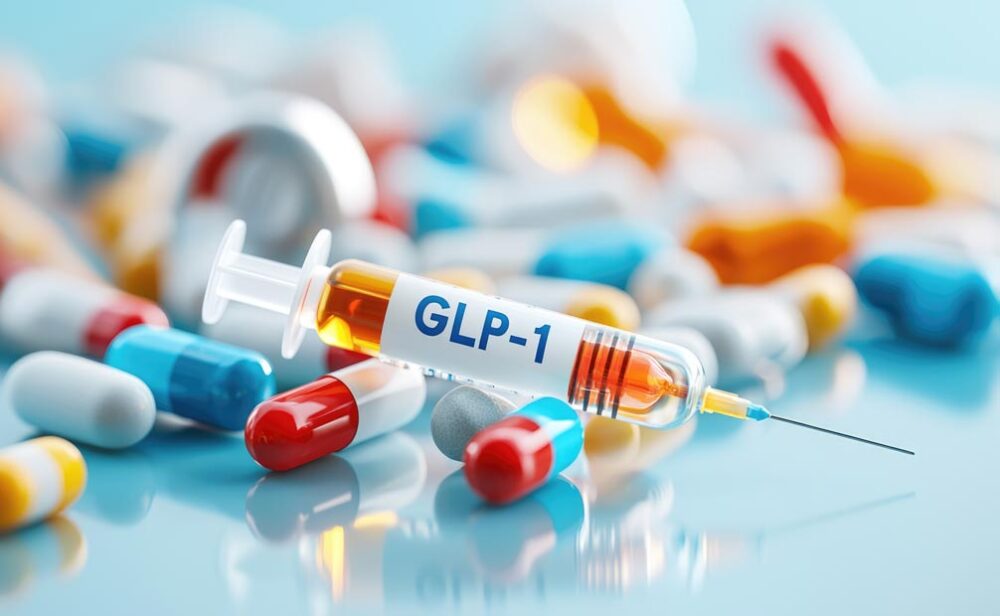Advertisment
Popular diabetes medications, including GLP-1 drugs, may protect against Alzheimer’s disease

A study led by researchers in the University of Florida College of Pharmacy has found that a pair of popular glucose-lowering medications may have protective effects against the development of Alzheimer’s disease and related dementias in patients with Type 2 diabetes.
In research published in JAMA Neurology on April 7, UF researchers studied Medicare claims data of older adults with Type 2 diabetes to assess the association among glucagon-like peptide-1 receptor agonists, or GLP-1RAs, sodium-glucose cotransporter-2 inhibitors, or SGLT2is, and the risk of Alzheimer’s disease and related dementias.
The research is supported by funding from the National Institute on Aging and the National Institute of Diabetes and Digestive and Kidney Diseases, both part of the National Institutes of Health.
The data showed a statistically significant association between a lower risk of Alzheimer’s and the use of GLP-1RAs and SGLT2is compared with other glucose-lowering medications. According to the researchers, the findings indicated that the two drugs may have neuroprotective effects for people without diabetes and may help slow the rate of cognitive decline in Alzheimer’s patients.
Serena Jingchuan Guo, M.D., Ph.D., an assistant professor of pharmaceutical outcomes and policy and the study’s senior author, said these findings may point to new therapeutic uses for drugs commonly used to treat Type 2 diabetes and obesity.
“It’s exciting that these diabetes medications may offer additional benefits, such as protecting brain health,” Guo said. “Based on our research, there is promising potential for GLP-1RAs and SGLT2is to be considered for Alzheimer’s disease prevention in the future. As use of these drugs continues to expand, it becomes increasingly important to understand their real-world benefits and risks across populations.”
Guo conducted this research in collaboration with William Donahoo, M.D., clinical professor and chief of the UF Health Division of Endocrinology, Diabetes and Metabolism, and Steven T DeKosky, M.D., deputy director of the McKnight Brain Institute and professor of Alzheimer’s research, neurology and neuroscience in the UF Department of Neurology. As the study only included patients with Type 2 diabetes, Guo said next steps include evaluating the effects of the two drugs in broader populations by using recent, real-world data that captures their growing use in clinical settings.
“Future research should focus on identifying heterogeneous treatment effects — specifically, determining which patients are most likely to benefit and who may be at greater risk for safety concerns,” Guo said.





